Is a Four-Day Work Week the Future?
Much has been made about how the COVID-19 pandemic has forever altered the workplace. From remote teams to flexible hours, companies have discovered that they can be as productive—if not more so—outside the traditional workweek. However, the idea that the five-day work schedule would become obsolete dates back nearly 100 years.
Although we’re nowhere near the 15-hour workweek that economist John Maynard Keynes predicted, companies worldwide have been experimenting with a four-day workweek. The result? Higher productivity, improvements in employees’ health, and increased job satisfaction.
In this article, we look at trials in Europe, the United States, and Asia-Pacific to see how they’re changing the future of work.
Iceland Leads the Way in Europe
From 2015 to 2019, Iceland ran the world’s largest trial of a shorter workweek. With more than 2,500 workers, it represented nearly 1% of the country’s working population. A range of workplaces, including offices, preschools, social services providers, and hospitals, reduced hours from 40 to about 35 per week without reducing pays.
Productivity remained the same or even improved in the majority of workplaces, researchers found. And as a result, unions renegotiated work hours. Now, 86% of Iceland’s workforce has either moved to fewer hours for the same pay or will gain the right to do so.
Spain announced the launch of its trial in March 2021 as a result of the pandemic. This time, employers will test the viability of a 32-hour workweek. Around 200 companies plan to participate, with 3,000 to 6,000 workers involved in the project.
Spanish politicians hope the trial will definitively answer the question of whether a link exists between productivity and hours worked. Today, workers in Spain put in more hours than the European average, but the country isn’t among the most productive.
In July of that same year, Dublin City Council passed a motion to approve a four-day workweek for staff. Organizations that participate in the six-month trial can receive support, training, and mentoring to implement a shorter workweek. Similar to the Spanish trial, Irish officials anticipate that it will improve productivity and employee health.
U.S. Startups Reimagine the Workplace
In the U.S., startups are at the forefront of the four-day workweek movement.
Buffer, a New York-based social media software application, conducted a one-month trial in May 2020 due to the pandemic. Its overwhelming success prompted the company to keep the four-day schedule through the end of the year.
According to internal surveys, employees reported:
Higher autonomy, up from 4.3 to 4.5 out of 5.
Lower stress levels, down from 3.3 to 2.7.
Higher work happiness, up from 3.9 to 4.2.
Additionally, employees reported a similar level of work productivity and higher quality output due to increased rest and focus.
Given the pilot’s success, Buffer plans to develop a program that allows for a four-day workweek indefinitely. However, they won’t be the first startup to do so. Wildbit, a Philadelphia-based software company, implemented its program back in 2017, and it’s still in place.
Crowdfunding platform Kickstarter has also announced plans to pilot a four-day workweek. According to CEO Aziz Hasan, this trial is less about productivity and more about determining the best options for employees. Once again, employees will receive the same pay, despite working fewer hours.
Asia-Pacific Breaks Corporate Conventions
While startups have more flexibility when it comes to changing workplace norms, multinational corporations have experimented with the four-day workweek.
Microsoft Japan launched a pilot program two years before the pandemic. During the company’s “Work-Life Challenge Summer 2019,” all 2,300 employees took Fridays off and were given special paid leave. Sales per employee rose by 40% compared to the same period the previous year.
The trial also included limiting meetings to 30 minutes. Employees used tools such as Microsoft Teams to communicate instead of holding unnecessary meetings. This reduced electricity use by 23% and paper printing by 59%. By the end of the trial, 92% of employees reported that they were pleased with the new schedule.
In December 2020, Tokyo-based Mizuho Financial Group started offering employees the option to work three or four workdays per week at proportionally reduced pay. Employees who work three days earn 60% of their salary, and those who work four earn 80%. The flexible schedule allows staff more time for childcare, nursing, or education.
That same month, Unilever New Zealand began a year-long trial that lets workers decide which four days they’d prefer to work each week. All 81 employees are eligible and earn 100% of their salary. The company has partnered with researchers at Sydney’s University of Technology (UTS) Business School to measure the trial’s success. If the trial proves successful, Unilever may launch the program in additional locations.
The Future Is Flexible
While companies conducted trials before the pandemic, the urgent need for flexible workplace policies has sparked a surge in four-day workweek arrangements. Workers returning to the office no longer view flexible schedules as a perk but as a requirement. According to Ernst & Young’s 2021 Work Reimagined Employee Survey, 93% of respondents claimed they would likely remain at their organization for the next year if they control when and where they work.
Yet 54% would be willing to quit if they no longer had flexibility regarding schedules and work location.
As workers’ priorities change, companies that want to attract top talent will need to adapt. And that may include some iteration of the four-day workweek.
ABOUT THINK GLOBAL FORUM
The Think Global Forum is a community of global individuals, including forum participants, industry experts, speakers, and Forum Executives. The Think Global Forum is designed to provide insights and thought leadership in the context of Technology, Travel, Manufacturing, Life Sciences, Retail, eCommerce, and a growing number of sectors around the world. The forum offers keen insights into the here and now and, most importantly, the future.
https://www.thinkglobalforum.org
